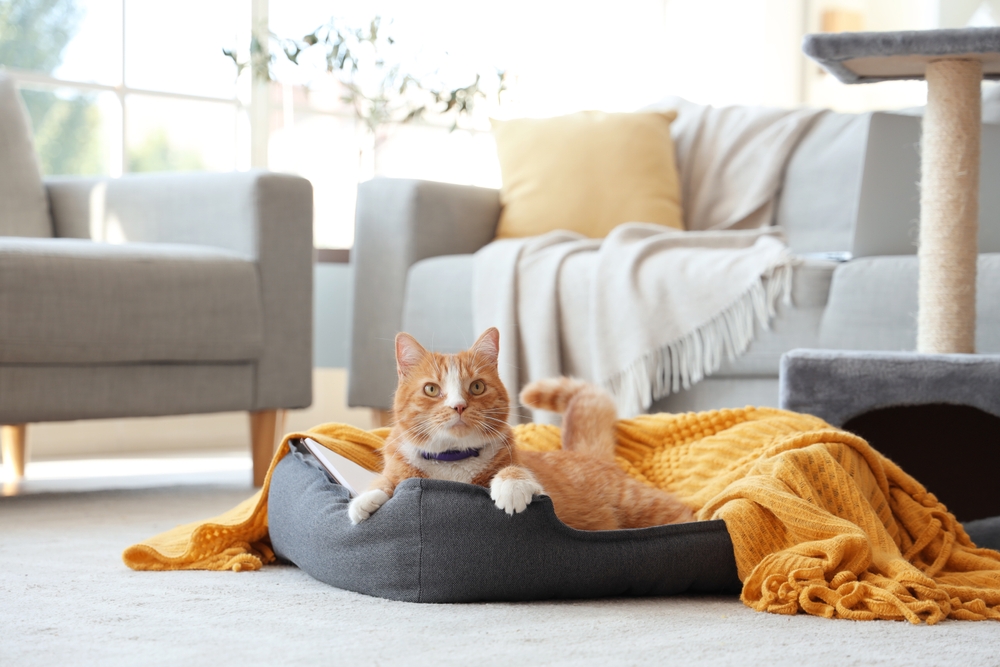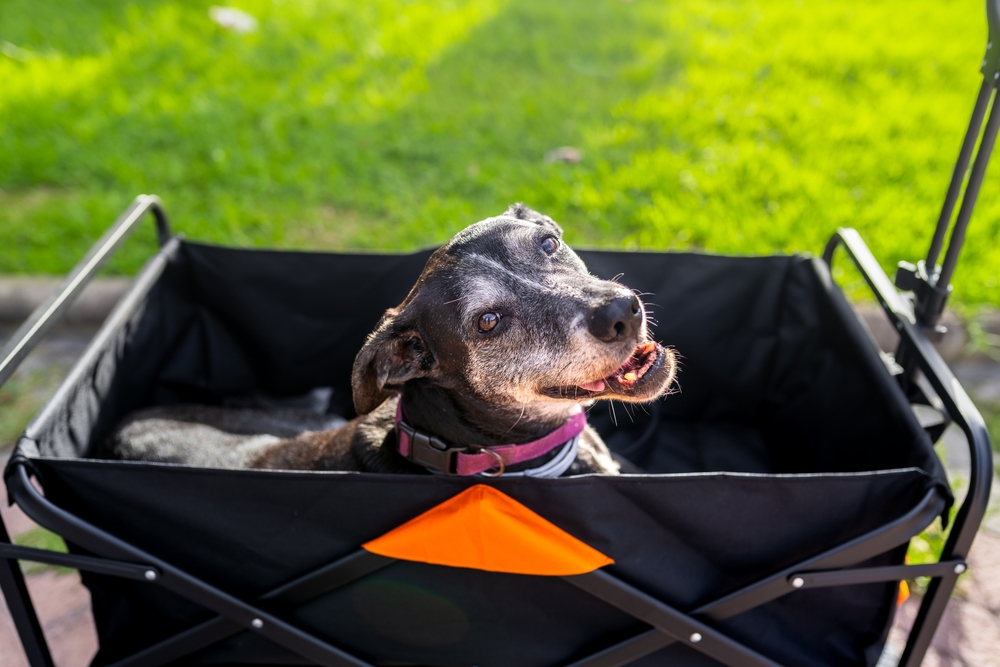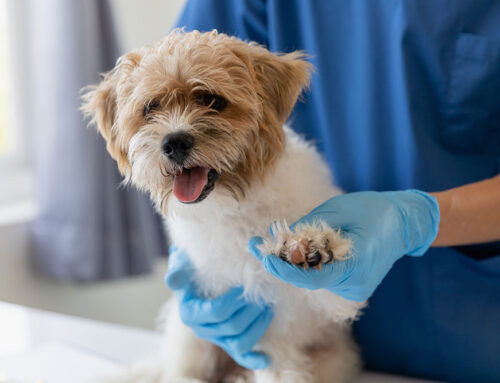As our pets age, just like us, they begin to slow down. These changes can be subtle and gradual, making it challenging for pet owners to recognize when their pets are simply undergoing natural aging processes or if they are signs of underlying health issues. At Bayview Animal Hospital in St. Petersburg, Florida, we understand the nuances of senior pet care and are here to help you navigate through this phase of your pet’s life.
Recognizing the Signs of Aging in Pets
One of the first signs that your pet is getting older is a decrease in their activity level. You might notice your pet taking longer naps, showing less interest in playing, or being hesitant to jump or climb stairs. While these behaviors can be normal as pets age, they can also be symptoms of medical conditions such as arthritis, heart disease, or a decrease in sense perception. It’s crucial to distinguish between normal aging and potential health issues.
Understanding Why Older Pets Slow Down
Physiological and psychological changes are inevitable as pets age. Joint degeneration and muscle loss are common, contributing to decreased mobility. Cognitive functions can also decline, leading to confusion or disorientation in familiar environments. To understand more about these aging processes, the American Veterinary Medical Association offers a resource on senior pets that can provide additional insight.
Medical Conditions Common in Older Pets
Common age-related diseases in pets include arthritis, diabetes, heart disease, and kidney disease. These conditions can significantly impact a pet’s quality of life and activity levels. For instance, arthritis can make even the simplest movement painful. Recognizing and treating these conditions early can greatly enhance your pet’s life quality.
Importance of Veterinary Care for Aging Pets
Regular veterinary check-ups are vital to managing the health of senior pets. These visits allow for early detection and treatment of diseases which might not yet be apparent to the owner. At Bayview Animal Hospital, we offer specialized services for older pets. Learn more about how we can support your pet’s health by visiting our services page.
Preventative Measures to Keep Older Pets Active
Maintaining an older pet’s health involves more than regular vet visits. Here are some tips to keep your senior pet active and healthy:
- Diet: Feed them age-appropriate, high-quality food.
- Exercise: Tailor their exercise routine to their ability, keeping it gentle but consistent.
- Supplements: Consider supplements like glucosamine for joints, under the guidance of your vet.
Also, regular wellness exams are crucial. For more details on how these can prevent diseases, visit our routine wellness care page.
How to Create a Comfortable Environment for Aging Pets

Adapt your home to suit the needs of your aging pet:
- Bedding: Invest in orthopedic pet beds to support arthritic joints.
- Accessibility: Ensure food, water, and resting spots are easily accessible.
- Safety: Add non-slip mats where necessary to prevent falls.
Case Studies or Testimonials
Many of our clients at Bayview Animal Hospital have seen significant improvements in the health and happiness of their aging pets through regular care and tailored treatments. These stories underscore the importance of attentive care and early intervention.
Conclusion
Understanding why your pet slows down as they age is crucial in providing them with a quality life. Simple adjustments in care and regular veterinary visits can make a big difference. If you’ve noticed changes in your pet’s behavior or mobility, consider scheduling an appointment with us.
If you’re looking to learn more about how to care for your aging pet, visit the Bayview Animal Hospital Blog. Here you’ll find a wealth of information to help you and your pet enjoy a happy, healthy life together. Don’t hesitate to request an appointment if you have concerns about your pet’s health. Let us help you ensure your pet’s senior years are as comfortable and joyful as possible.







Leave A Comment